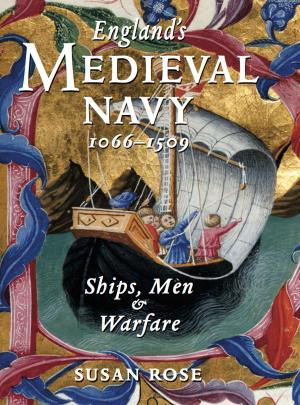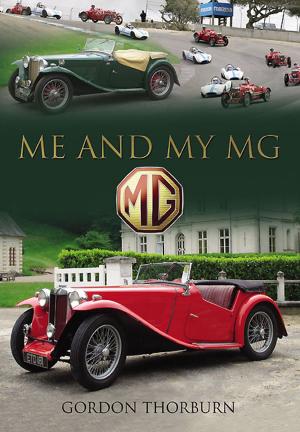Coasters
An Illustrated History
Nonfiction, Reference & Language, Transportation, Ships & Shipbuilding, History, Military, Naval, World War II| Author: | Roy Fenton | ISBN: | 9781473813229 |
| Publisher: | Pen and Sword | Publication: | October 19, 2011 |
| Imprint: | Seaforth Publishing | Language: | English |
| Author: | Roy Fenton |
| ISBN: | 9781473813229 |
| Publisher: | Pen and Sword |
| Publication: | October 19, 2011 |
| Imprint: | Seaforth Publishing |
| Language: | English |
John Masefield’s ‘dirty British coaster with a salt-caked smoke stack, butting through the Channel in the mad March days’ has become a ship type of universal appeal, both for its simple, functional beauty and its faithful toil before the advent of universal road haulage.
In this new book a collection of more than 300 photographs has been drawn together to tell the story of the development of the steam and diesel coasters, which originated mainly in the UK and the Netherlands. The term ‘coaster’ embraces a huge range of types including the steam colliers, the puffers, packets, steam flats and lighters mainly designed for inland seas, then the ubiquitous steam coaster itself, built in large numbers for use around British shores but also further afield in every corner of the world. Coastal tankers and other specialist types like chemical and cement carriers also evolved.
As well as the details of the ships themselves, the book covers cargo handling and stowing, machinery, the coastal trades, the owners and builders and, not least, the crews and their jobs and their lives at sea.
A hugely evocative and illuminating book to delight and inform ship enthusiasts everywhere.
John Masefield’s ‘dirty British coaster with a salt-caked smoke stack, butting through the Channel in the mad March days’ has become a ship type of universal appeal, both for its simple, functional beauty and its faithful toil before the advent of universal road haulage.
In this new book a collection of more than 300 photographs has been drawn together to tell the story of the development of the steam and diesel coasters, which originated mainly in the UK and the Netherlands. The term ‘coaster’ embraces a huge range of types including the steam colliers, the puffers, packets, steam flats and lighters mainly designed for inland seas, then the ubiquitous steam coaster itself, built in large numbers for use around British shores but also further afield in every corner of the world. Coastal tankers and other specialist types like chemical and cement carriers also evolved.
As well as the details of the ships themselves, the book covers cargo handling and stowing, machinery, the coastal trades, the owners and builders and, not least, the crews and their jobs and their lives at sea.
A hugely evocative and illuminating book to delight and inform ship enthusiasts everywhere.















